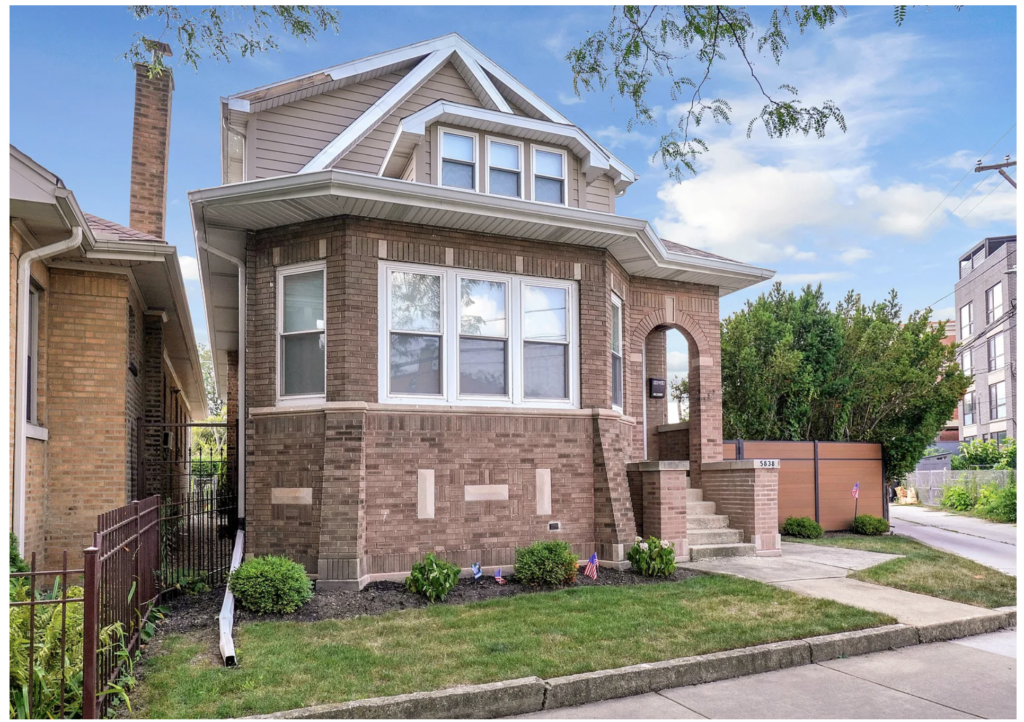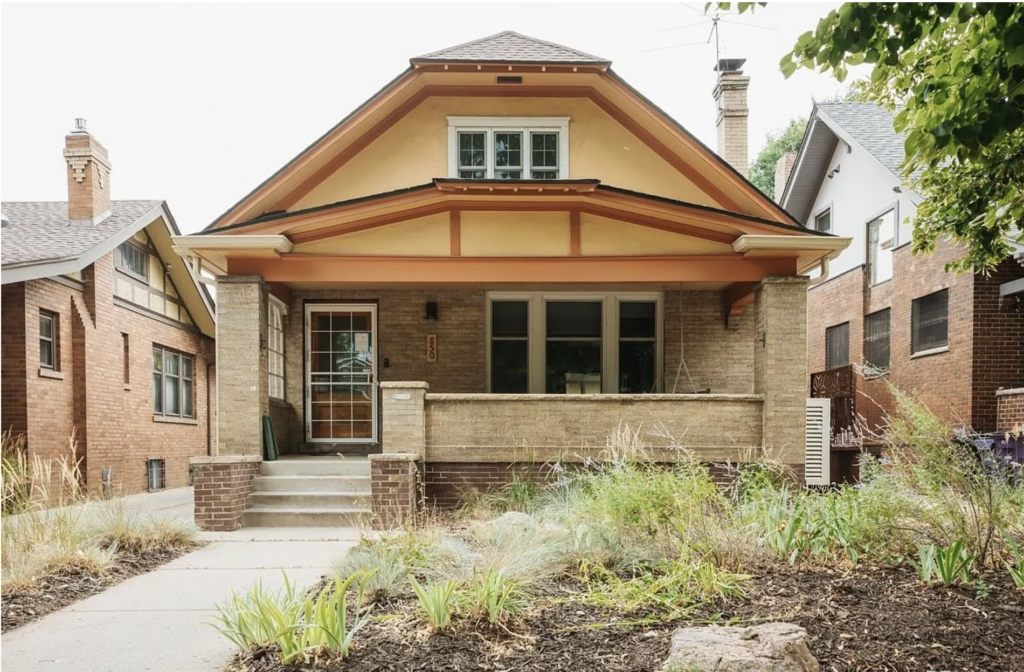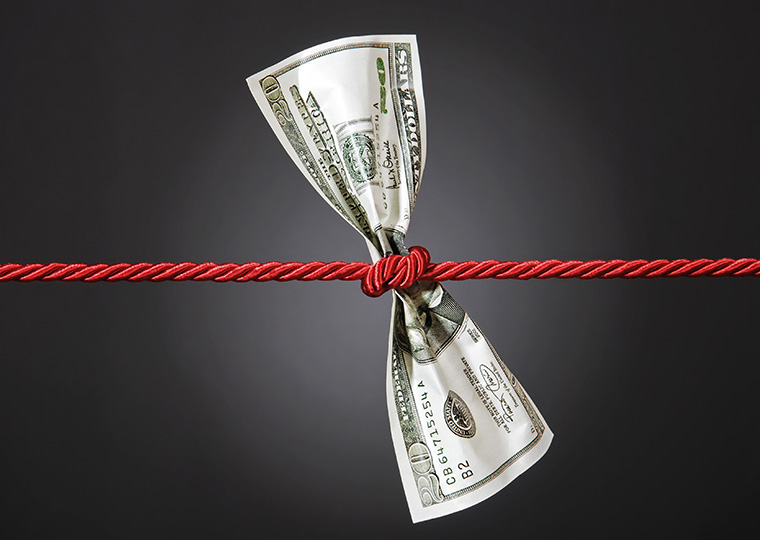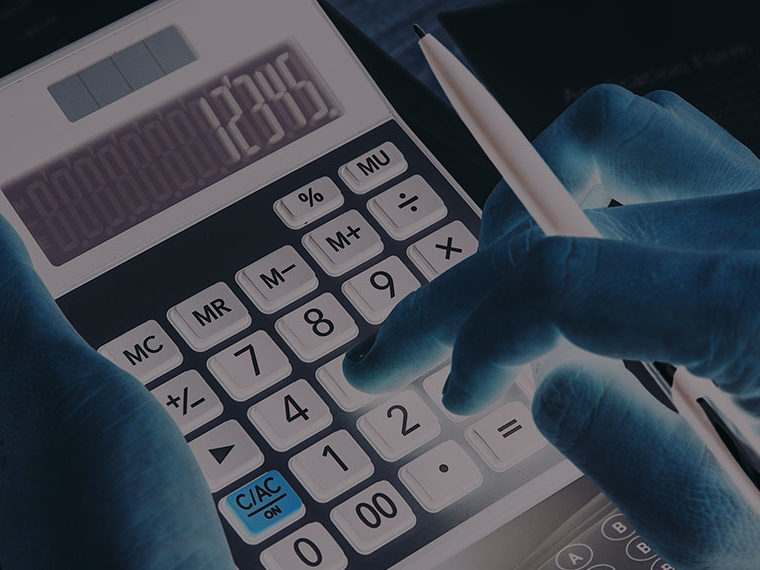After some math, a $1 million home in a low-tax state could get you $1 million extra in retirement savings
Suppose at the closing of your purchase of a new house, a stranger walks in and is handed partial ownership — say between 18% and 36% — and walks out?
That’s essentially the upshot of paying property taxes, UCLA Anderson’s Erica Xuewei Jiang, Harvard’s Baiyun Jing and University of Chicago’s Anthony Lee Zhang calculate in a working paper that compares these municipal levies to interest payments on a bond.
Bond analysts for decades have valued principle and interest separately — at times the interest payments are actually separated and sold as a stand-alone investment, known as strips or io’s (interest only). Jiang, Jing and Zhang’s analysis does the same for residential property, a U.S. asset class that is enormous ($55 trillion, according to Zillow) and less understood because, unlike bonds, every house is somewhat different and its value is subject to myriad variables.
Three Most Important Words in Real Estate?
Property tax rates vary widely across the U.S. At the top end, counties in Illinois and New Jersey collect roughly 2% of a home’s market value annually. Near but not quite at the bottom, Colorado collects about 0.50%, so one-fourth the levy of those higher tax states. On a median basis, the authors calculate that over time 25% of a U.S. home’s net present value is extracted via property taxes — or $250,000 of a $1 million home. At the lower-tax end, or 25th percentile, the extraction is 18% of value; and up at the higher-tax end, or 75th percentile, it’s 36% of the value extracted.
Recent headlines show how large these burdens can become in practice. In Chicago in 2025, the median property-tax bill jumped an estimated 16%-17% — the steepest rise in decades — after commercial property values fell and the burden shifted onto homeowners. The authors note that such changes mechanically raise the government’s claim on a home’s future cash flows, increasing the “extraction ratio” in precisely the way their model predicts.
“A small annual tax sounds harmless, but in present-value terms it’s huge,” University of Chicago’s Zhang explains. “A 1-2% tax on the stock of a house acts like a 25-35% tax on the flow of rents. That’s the part people have never fully appreciated.”
The authors use the term “rents” to describe the value homebuyers and taxing authorities realize.
Every tax, of course, in theory at least puts the buyer of a good in a hole to start. A car, washer/dryer or couch, purchased in a 10% sales tax state, costs the buyer 110% of its market value. But then you’re done with taxes. But property taxes chip away at the value of your purchased home annually. The authors point out that after one year of paying 2%, you have left 98% of a home’s value; after two years, you’re down to 96%; and so on. Absent property taxes, holding all other factors constant, the authors posit that median home prices would be 34% higher.
Those compounding effects matter even more when tax rates adjust sharply. The recent Chicago increase, viewed using the authors’ framework, doesn’t just mean a painful annual bill — it increases the government’s long-horizon claim on a home’s future value, or rents, raising the present-value “bite” of property taxation.
“People tend to think of a property tax as a simple annual bill,” says UCLA Anderson’s Jiang. “But financially, it’s a capital structure that splits a home’s future cash flows between the owner and the local government. Once you see that, a lot of economic puzzles suddenly make sense.”
The Cost of Civilization
Of course, property taxes are the price we pay for roads, police and fire departments, schools and other municipal services that make us want to live in a city in the first place. They’re unavoidable under the U.S.’s current tax scheme, which compared with other wealthy nations is light on income taxes.
The immediate utility of the Jiang-Jing-Zhang paper is to help homebuyers and investors better understand the role of taxes in valuing homes — both today and prospectively. The research could also prove useful to municipal finance officials for whom property taxes are generally the No. 1 source of funds to operate local government.
Let’s get back to that wild claim in the headline about you being $1 million ahead in savings if you chose a low property tax state. After all, people move across the country for salary increases that, over time, amount to a lot less than that.
- First case, you buy this four-bedroom, four-bath house on Chicago’s North Side, listed at $1 million. It’s an expanded bungalow on a double lot. We’ll hold tax rates and values constant, for the sale of this exercise, and you pay roughly $20,000 a year, or 2%, to Chicago and Cook County’s various taxing authorities.

- Case two, you buy this four-bedroom, three-bath house in Denver’s Congress Park neighborhood. It’s listed as of this writing for $1,035,000, but given it’s been on the market since Aug. 1, 2025, and its price has already been lowered twice, from an initial $1.2 million, we’ll assume you could get it as cheaply as the Chicago house. You then pay roughly $5,000 a year to Denver’s taxing authorities.

Here’s the math part. You choose Denver. The $15,000-a-year difference in taxes, which is $1,250 a month, you deposit into an investment account and over the next 30 years of doing so, you realize a conservative 5% on your investment. After 30 years, the compounding calculators tell us you’ll have about $1.06 million set aside. A $500,000 house, subjected to the same rough calculations, would yield you about $500,000 in increased savings.
Jiang, Jing and Zhang also report that lower tax states, generally, tend to enjoy better home price appreciation, as suggested by the graphs above and below. Makes sense. If your total monthly cost (mortgage payment + property taxes + insurance) is tax heavy, that leaves less in your budget for the mortgage and that’s going to depress prices in a metro area.
Of course, municipalities don’t set property tax rates to optimize real estate returns. Rather, they tend to set them to fund local government at its current size. In some cases, locales have accumulated unpaid pension obligations, or other debts, that essentially have today’s taxpayers funding yesterday’s civic expenses. That’s the case in Illinois and New Jersey, which have the two largest unfunded pension obligations compared with state revenue, among U.S. states. That suggests Illinois and New Jersey will have higher property taxes for many years to come.
Featured Faculty
-
Erica Xuewei Jiang
Assistant Professor of Finance
About the Research
Jiang, E.X., Jing, B., & Zhang, A.L. (2025). The Pricing of Property Tax Revenues.






